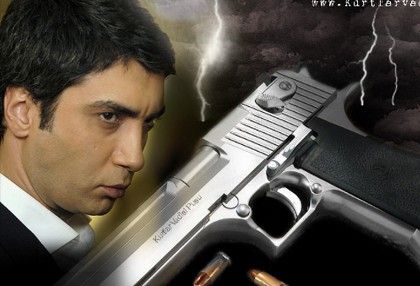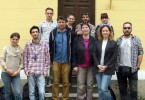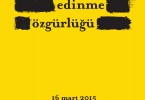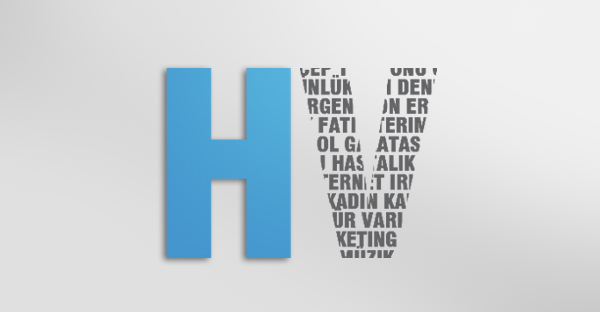News, Etc.
It was again a television serial aired almost a year after the Turkish Prime Minister Tayyip Erdogan’s televised row with the Israeli President Shimon Peres in Davos that poured more oil on the fire intensifying the “war of words” between Ankara and Jerusalem.
This time the setting of the scene in the serial “Valley of Wolves” was a safe house used by the Israeli Embassy where a Turkish kid kidnapped by the Israeli agents was being kept. Polat Alemdar, the pistol packing hero of the serial raids the house, pumps few bullets into the head of the Israeli agent and the blood splashes on the wall where the spectators see a Star of David, Israel’s national emblem, stained in red.
Danny Ayalon, the Israeli deputy foreign minister, summoned the Turkish ambassador Oguz Celikkol to tell him that the serial consists of anti-Semitism in a “new package” and such material was not fit to be aired even in an enemy country let alone in Turkey which is a strategic ally of Israel. He said the episode presented the Israelis and Jews as “baby snatchers,” and threatened not only the relations between the two countries but also the lives of Jewish minority members living in Turkey.
The Turkish media reports criticized Ayalon’s behavior during the meeting claiming that he refused to shake hands with the Turkish ambassador and made him sit on a lower seat than his own.
At this stage Prime Minister Erdogan joined in and accused Israel of violating United Nations resolutions by bombing Gazza.
“Does the Israeli government support peace or not? The other day they bombed Gazza again. There was no reason for it. They are using weapons of mass destruction like phosphorus bombs. They want to say we do whatever we want, nobody can stop us. They are using the disproportionate force they have. Such a picture is unacceptable by us,” said Erdogan during a joint press conference with the visiting Lebanese Prime Minister Saad Hariri.
Israel’s reaction was immediate. “Turkey is in no position to preach at us,” said Yossy Levi, the spokesman for the Israeli Foreign Ministry. He described Erdogan’s comments as “excessive” and repeated that the State of Israel has the right to protect its citizens from rocket attacks coming from Hamas.
In a long written statement, the Turkish Foreign Ministry replied to Yossy Levi that Turkish prime minister’s comments were against the “unacceptable practices of Israel in Gazza.” The statement underlined that the Turks and Jews have historical relations established “long before the State of Israel was founded.”
“The comment that ‘Turks are the last people to preach the Jews,’ contradicts the memories of the Jewish people who found Turks on their side when they needed help,” said the statement in an implicit reference to settlement of the Jewish people escaping from the Spanish Inquisition in Ottoman lands in the 17th century.
Fight over television serials
During the past year Turkey and Israel came at loggerheads mainly because of television serials with Israel reacting to another episode of “Valley of Wolves” showing Israeli doctors in Iraq indulging in organ trade. Later in October, the state channel TRT aired a serial called “Separation” with Gazza as the setting showing Israeli soldiers killing babies and torturing pregnant Arab women.
“Valley of Wolves” is a controversial series in Turkey too. Its critics accuse the producers of promoting violence, underground Mafia-type organizations and the deep state.
Ehud Barak to visit Ankara
The fact that Israeli Defense Minister Ehud Barak is scheduled to visit Ankara on Jan.17 led to commentaries in the Turkish media whether the recent flare up of verbal confrontation between the two countries stems from divisions within Israel’s six-party coalition government. Israeli Foreign Minister Avigdor Lieberman who is known for his extreme nationalist and Zionist views is seen by some commentators as the culprit behind the tensions and he is accused of trying to undermine Barak’s visit to Turkey.







